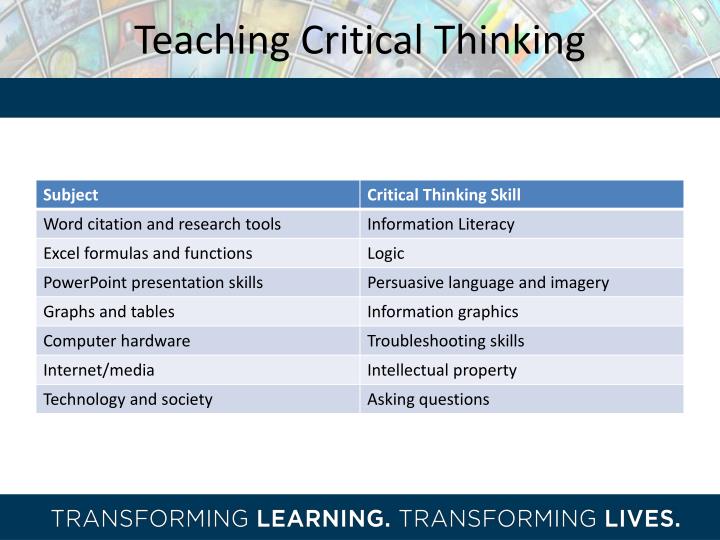

It doesn’t have to be sitting down at a table with pen and paper.” They learn from watching us cook, watching how we treat each other. “And it doesn’t have to be this academic way of learning all day, every day. “Our children learn from us in different ways,” she said. Mali Holmes holds a drawing at an art class at the Cultural Roots Home School cooperative.
/modern-office-shoot-531337705-5a0ae4fc13f1290037a9a205.jpg)
“I don’t think it will ever go back to the way it was before.”īunn said home schooling lets parents “individualize the curriculum to fit the needs of their children.” “I think it will permanently change the landscape of education,” said Yvonne Bunn, director of government affairs for the Home Educators Association of Virginia, or HEAV. Those children are among the approximately 62,000 home-schoolers in Virginia – a number that has doubled over the past decade and is up 40 percent since fall 2019.Įxperts say home schooling has grown in popularity across the socio-political spectrum, from the religious right to the humanist left, driven in recent years not only by the COVID-19 pandemic but also by the culture wars being waged in many school districts. “Lots of math and instruction following,” the boys’ mother said. For Isabel Bishop, 12, and her 8-year-old brother, Bodhi, school might mean a trip from their home in Fairfax County to the Harriet Tubman Museum in Maryland to learn about slavery and the underground railroad.įor Mali Holmes, 7, of Richmond, school might mean playing chess with friends and developing critical thinking and problem-solving skills.įor Tera Thomas’ sons – Noah, 10 Jude, 8 and Elias, 7 – school might mean baking Christmas cookies.


 0 kommentar(er)
0 kommentar(er)
